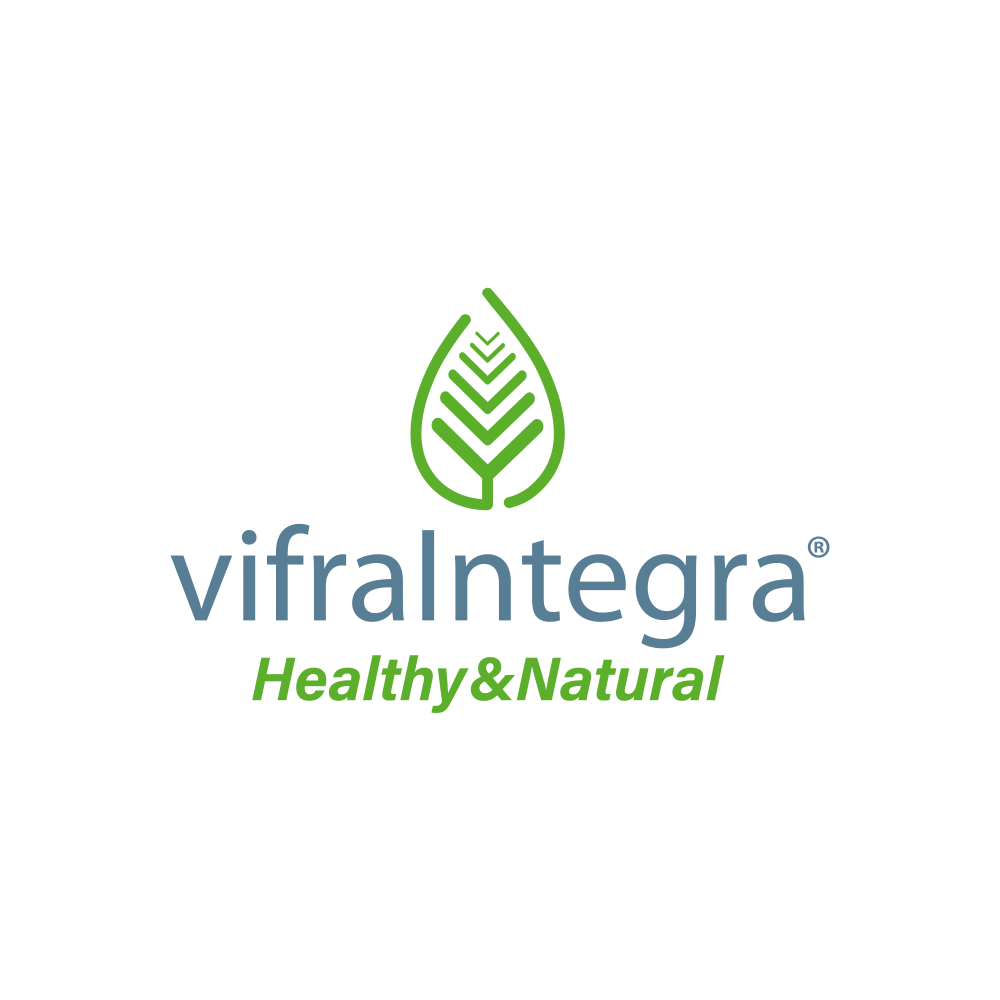
An innovative Formula
HYALURONIC ACID Hyaluronic acid is a polysaccharide present in connective tissue, eyeballs, tendons, cartilage and skin and plays a functional and structural role in joints as it minimizes friction between bone surfaces. In cartilage, hyaluronic acid, by binding to proteoglycans, forms aggregates of considerable size, proving fundamental for the stability of the cartilage itself. During joint inflammation, the structure of hyaluronic acid is attacked by pro-inflammatory substances (with hyaluronidase activity), thus losing not only its structural characteristics, but also its lubricating and nutritional functionality. These alterations are the basis of the cartilaginous degenerative phenomena typical of arthrosis. It is synthesized by the cells present in the synovial fluid but, with increasing age, its production tends to decrease, favoring the process of cartilaginous degeneration causing pain and motor difficulties. Several studies show that a supplantation has the ability to reduce pain and improve joint function. Being a poorly soluble form, it is salified to obtain a compound, hyaluronic sodium, which is highly soluble in water and is easily absorbed by the body.
CHONDROITIN SULFATE Chondroitin sulfate is a glycosaminoglycan, i.e. the main constituent of articular cartilage, which contributes to the elasticity of the cartilage and inhibits its degradation by the enzyme elastase and hyaluronidase. Furthermore, it reduces joint inflammation and improves joint mobility during pathologies such as osteoarthritis.
GLUCOSAMINE Glucosamine is a sugar precursor of essential components of articular cartilage (proteoglycans and glycosaminoglycans, GAGs). In vitro, glucosamine has been shown to be able to modify the metabolism of chondrocytes, the cells that produce the components of cartilage, and to perform an immunomodulatory function, an action that would lead to a reduction in inflammation. The association of glucosamine and chondroitin sulfate has a synergistic function in slowing down the progression of joint damage.
TYPE II COLLAGEN Collagen is the main protein that makes up human connective tissues, including skin, muscles, joints and tendons to which it gives elasticity, tone and resistance. Collagen, subjected to the hydrolysis process, is reduced into peptides, with the aim of making it more digestible and assimilable. Studies have shown that hydrolyzed type II collagen in particular helps improve bone metabolism, the elasticity of tendons and ligaments and reduce joint pain.


